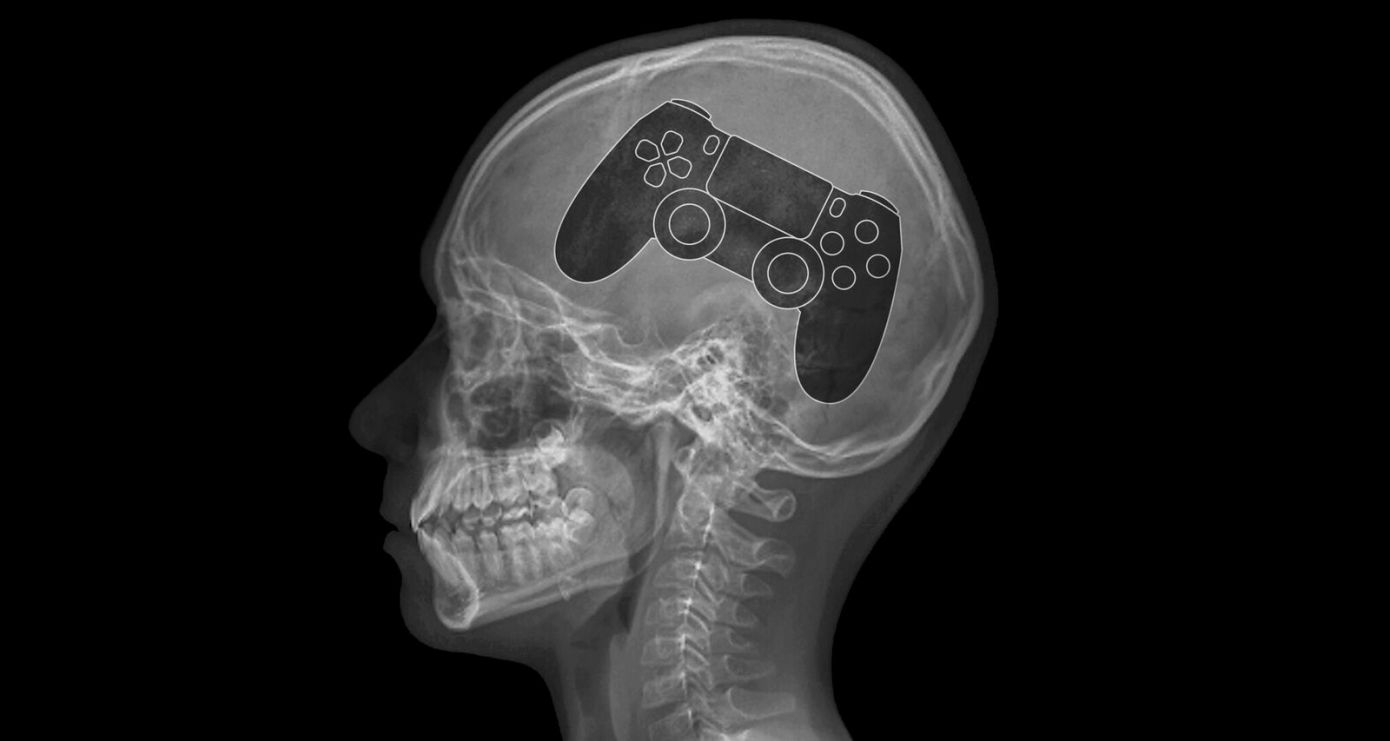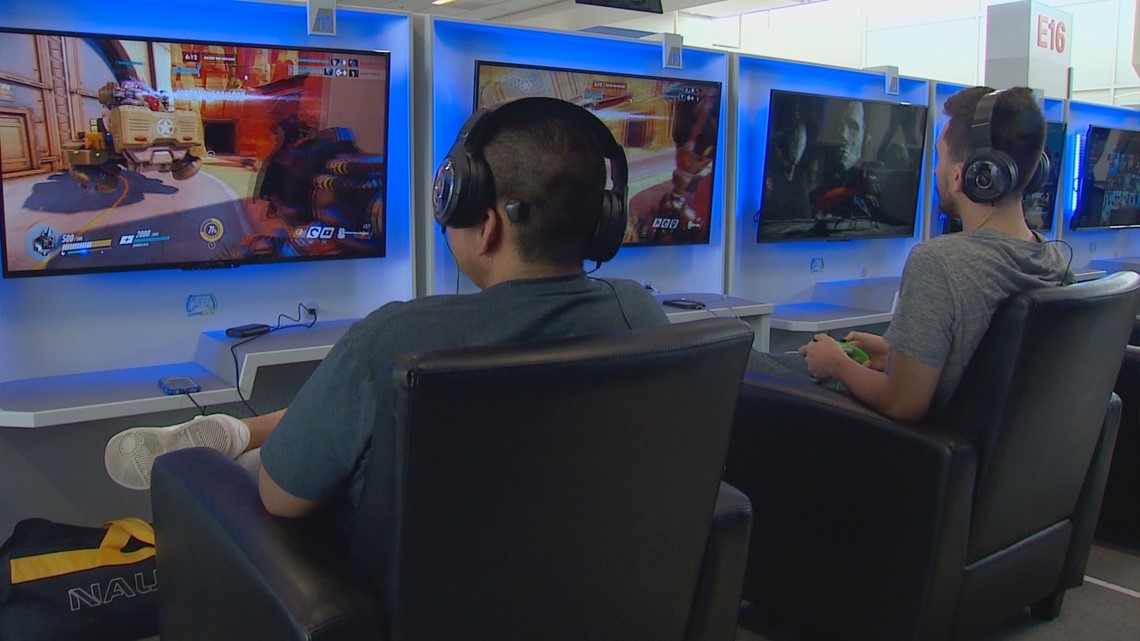
“Gaming Disorder” is now an official mental disease according to WHO, Fortnite to blame?
Video game players numbers have reached new heights, as the phenomenon of spending many hours in front of the luminous screens is not something done in the shadows anymore with more and more young people playing everywhere. This newly acquired interest may be positive for the players’ community, but it has also drawn some unwanted attention of some organizations that see this activity as more than just a fun entertainment.
Despite the opposition of the majority of players to classify their favorite activity as a mental illness by health organizations as it was rumored a few months ago, World Health Organization (WHO) issued its decision yesterday to include video game addiction as a “mental disorder” In its latest issue of Internal Classification of Diseases.
The newly minted disorder comes with three key telltale signs:
-
Impaired control over gaming (e.g. onset, frequency, intensity, duration, termination, context)
-
Increasing priority given to gaming to the extent that gaming takes precedence over other life interests and daily activities
-
Continuation or escalation of gaming despite the occurrence of negative consequences
This may seem logical to some, but a number of health experts and others have viewed the issue as very superficial and objective, where the effects and situations vary from person to person and even depending on the type of game that is being addicted to. What’s more interesting is that gaming disorder shares the same symptoms as the classification of gambling addiction, which was previously classified by WHO.
“Disorders due to addictive behaviours are recognizable and clinically significant syndromes associated with distress or interference with personal functions that develop as a result of repetitive rewarding behaviours other than the use of dependence-producing substances,” writes the WHO. “Disorders due to addictive behaviors include gambling disorder and gaming disorder, which may involve both online and offline behaviour.”
Some of you may wonder, what does Fortnite have to do with any of this? In fact, the world’s most popular survival game, available free of charge on any platform you can imagine, has caused a number of problems for parents in many areas, notably North America, where a number of children have been addicted for hours making it the number one enemy of the victims parents. In fact, a number of parents have asked Epic Games to shut down the game entirely because of its great impact on their children’s social and academic skills. Others have chosen to approach health organizations to define video game addiction as an actual disease. One mother of a troubled child expressed displeasure of NHS not treating her child as video games aren’t classified as a psychiatric illness that can be treated (you can thank her later because video games are now!).
In spite of what may appear to be negative news for all gamers, however, the organization was quick to note that the prevalence of gaming disorder, as defined by the WHO, is actually “very low.” WHO member Dr. Vladimir Poznyak tells CNN, “Millions of gamers around the world, even when it comes to the intense gaming, would never qualify as people suffering from gaming disorder.”
You can throw your pitchforks and torches aside people, it may not be the end of the world after all! If Dr. Vladimir is to believed, then there’s no need to worry about the classification as long as you set your own limits. Happy Gaming!

